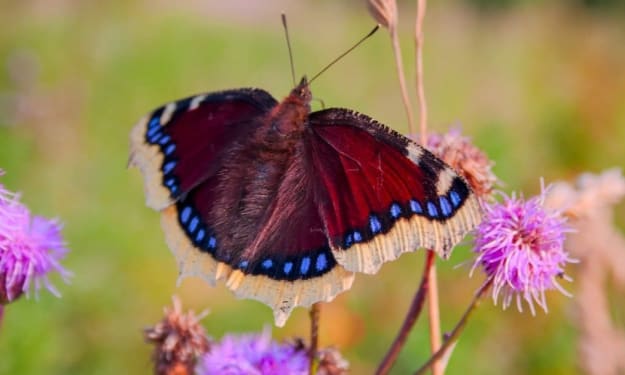Crows are smart creature than you think
Some are smarter than you

Crows: Smarter Than You Think
Crows may not appear to be the most intelligent creatures, but some of them possess brains proportionally larger than yours. The New Caledonian Crow, for instance, has a brain that accounts for nearly three percent of its total body weight. This proportion is comparable to that found in dolphins, great apes, and even exceeds the brain-to-body weight ratio of adult women. In fact, the crow's forebrain, responsible for intelligence, is densely packed with neurons, surpassing the density found in primates. This abundance of neurons enhances their cognitive reasoning abilities, potentially making them the most intelligent non-human species on the planet, surpassing the cognitive capabilities of seven-year-old humans.
Scientists conducted tests to gauge the crows' understanding of causal relationships, based on Aesop's Fable of the thirsty crow that used rocks to raise the water level in a pitcher. The real-life crows were presented with tubes filled with water, where they had to drop solid objects (rather than hollow ones) to raise the water level. They demonstrated a clear understanding of the task, selecting the appropriate objects and even opting for the tube with a higher water level to minimize effort. All of the crows successfully solved the puzzles, outperforming children between the ages of four and six and even seven-year-olds.
Furthermore, experiments have shown that crows are capable of analogical thinking. They were presented with trays containing three cups, each with different images. The crows quickly learned to select the cup with the matching image to obtain food rewards. In subsequent rounds, they were given cards with pairs of identical items and pairs with different items, and the crows consistently chose the card with the matching items, displaying their ability to recognize analogies.
Crows have not only adapted to survive in human-populated areas on every continent except Antarctica and South America, but they have also found ways to exploit their relationship with humans. For example, crows living in cities have learned to drop tough nuts onto busy streets, utilizing passing vehicles to crack the nuts. They then wait for pedestrian traffic lights to retrieve the treats safely from the ground. They display impressive problem-solving skills and innovation in acquiring food.
Studies have revealed that crows can recognize and remember human faces, distinguishing between friendly individuals and potential threats. They exhibit defensive behavior by warning their peers about intruders, even if the initial encounter happened years ago. Crows display heightened vigilance when they detect someone approaching and staring at them, differentiating between harmless observers and those who pose a direct threat.
Family and social bonds are crucial to crows. They typically form lifelong partnerships and live in pairs or small family groups. During the nesting season, young crows assist their parents in defending the nest from intruders and providing food for their younger siblings. Crows also form large groups called roosts during the winter to enhance their survival. In these groups, they protect themselves from predators, harass aggressive intruders, and collaborate to steal food from larger animals.
Crows possess a complex vocal communication system, with different sounds conveying specific messages to other members of their species. These sounds warn potential intruders about territorial boundaries or communicate their location to relatives. The crow language varies between regions, akin to regional dialects. When crows join a new group, they learn the local crow language by mimicking the sounds of their fellow flock members.
Crows have also exhibited higher levels of self-control and patience compared to some humans. In experiments where they were offered immediate but lesser rewards or delayed but better rewards, crows consistently chose to wait for the higher-quality treats. They displayed a remarkable ability to resist temptation and delay gratification, unlike other birds and animals tested in the same experiments.
These intelligent birds have also demonstrated resource





Comments
There are no comments for this story
Be the first to respond and start the conversation.